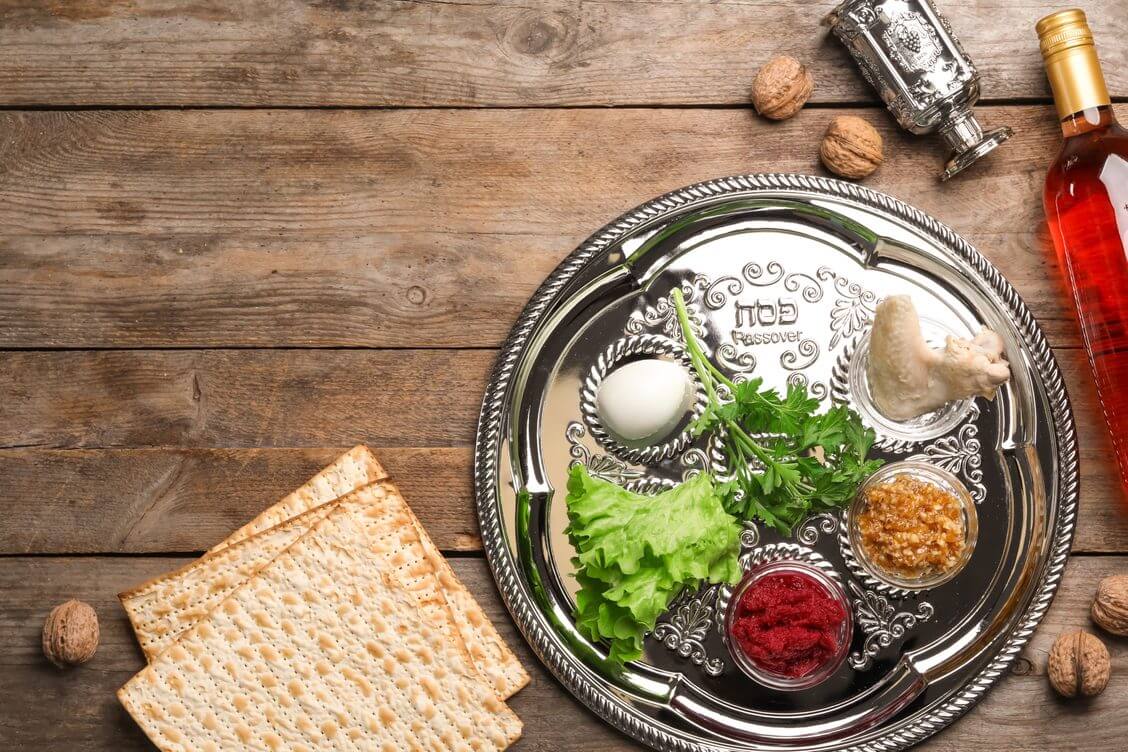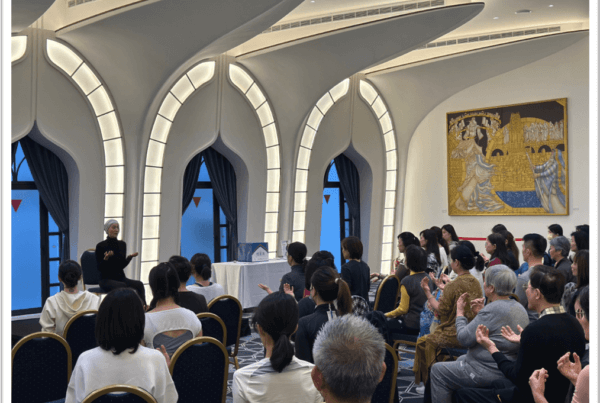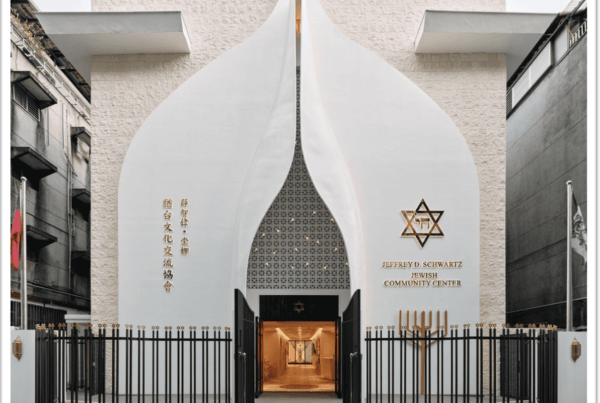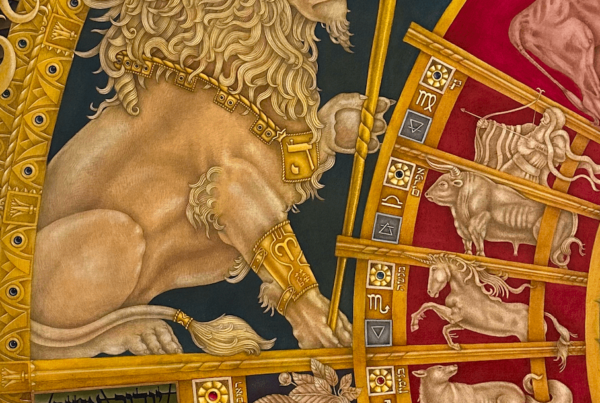
Dear Friends,
As we approach the spring season, it is time to prepare for Passover, one of the most important Jewish holidays. Passover is a celebration that commemorates the Jewish people’s liberation from slavery in Egypt over 3,000 years ago.
According to the Torah the Israelites were enslaved in Egypt for 400 years, and God sent Moses to lead them out of slavery and into the Promised Land.
The story of Passover begins with the Pharaoh of Egypt, who was afraid of the growing number of Israelites in his country and decided to enslave them. He forced them to work in harsh conditions and treated them cruelly. God then sent Moses to lead the Israelites out of slavery and into the Promised Land.
Moses asked the Pharaoh to release the Israelites, but the Pharaoh refused. God then sent ten plagues upon Egypt to convince the Pharaoh to let the Israelites go. The plagues included turning the Nile River into blood, sending swarms of locusts, and causing darkness to cover the land.
The final plague was the death of the firstborn in every Egyptian household. God instructed the Israelites to mark their doorposts with lamb’s blood so that the angel of death would pass over their homes. This is where the name “Passover” comes from.
The Pharaoh finally relented and allowed the Israelites to leave Egypt. They left in such a hurry that they didn’t even have time to let their bread rise, so they ate unleavened bread during their journey. The Israelites were pursued by the Egyptian army, but God miraculously parted the Red Sea, allowing the Israelites to cross to safety. The pursuing army was then drowned in the sea.
Passover is celebrated every year by Jews around the world to remember and commemorate the liberation of the Israelites from slavery in Egypt. The holiday includes a special meal called the Seder, which includes the retelling of the story of Passover, eating matzah (unleavened bread), drinking four cups of wine, and singing traditional songs.
During Passover, it is traditional to eat matzah, also known as unleavened bread, to commemorate the haste with which the Jewish people left Egypt, and to avoid all leavened bread and other foods made from grains such as wheat, barley, rye, oats, and spelt, which are collectively known as Chametz.
Another important aspect of Passover preparation is the ritual cleaning of the kitchen, which is a tradition called “koshering” the kitchen. This process involves thoroughly cleaning all surfaces, utensils, and appliances that come into contact with food, and removing all traces of Chametz.
To kosher your kitchen, you will need to use special utensils and pots that are designated for Passover use only, and clean all other utensils, dishes, and cookware. Some people choose to use disposable plates, cups, and utensils to avoid any potential issues with Chametz contamination.
It is also important to clean your oven, stove, and microwave to ensure that no Chametz remains. In addition to cleaning your kitchen, you will also need to replace any Chametz-containing foods with kosher-for-Passover products. This includes things like flour, cereal, crackers, pasta, and any other grain-based products.
As you prepare for Passover and the koshering of your kitchen, it is important to remember the historical significance of this holiday and the importance of following these traditions.
May you and your loved ones have a meaningful and joyous Passover.
Chag Sameach!
Jeffrey & NaTang Schwartz
.
Passover Seders at the JCC …
Jeffrey D Schwartz Jewish Community Center celebrates Passover Seder at the JCC on April 5 and April 9
The April 5 Seder will be held in English and Hebrew and then again we will hold a second Seder on April 9 that will be in Chinese and English with a little bit of Hebrew and explaining the details of the age old Jewish Passover rituals for our non-Jewish friends that want to experience a traditional Passover Seder .
Come and collect as a gift for attending as we introduce this year’s Haggadah illustrated book with explanations in Chinese, English and Hebrew that will become a collector’s items due to the beauty and meaningfulness of the Haggadah’s design.
Please go to our JTCA website and sign up while there are still seats left.

.
Join us!
Join the JCC! We welcome everyone who shares in our vision and mission to join us. You’ll enjoy priority year-round access to the JCC, as well as discounts on events and services. Membership prices are kept low thanks to a generous subsidy provided by the Jewish Taiwan Cultural Association (JTCA).





